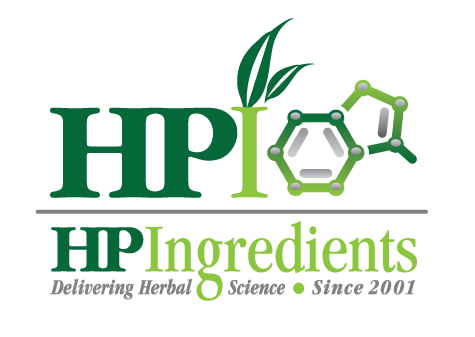As humans, we all love comfort and to feel good, and when we indulge in food and treats, we feel good – until we notice the scale has a higher number and our clothes are getting uncomfortably tight. Then – we feel angry, frustrated and often a little helpless. So, to feel better, we feel “hungry” and go back to a few bites of comfort.
This causes weight gain, and as white fat accumulates, appetite seems to grow, accordingly. This isn’t some form of dark magic, it’s a simple biochemical mechanism that is out of balance. And you don’t have to starve yourself or “eat rabbit food” – or sweat rivers in the gym — to lose the extra pounds/fat. It’s a matter of paying attention to your hunger signaling and addressing it appropriately.
Hunger, by nature, is the body’s way of letting us know that it needs incoming raw materials for energy, for repair, for nutritional protection and homeostasis (physiological balance, ie, health). When the body has enough to work with in the stomach, a signal is sent to the brain that says, “I’ve got enough, thanks!” Most important: the first hormone will work again when the stomach is empty and the body needs more raw materials.
The yin-yang of hormone-based eating is ghrelin and leptin. To distinguish them correctly, think of it like this: “g”hrelin = “give me more food,” while “l”eptin – “leave the food.”
Ghrelin is the hunger hormone coincidentally produced in the gut. It wasn’t discovered until 1999 and according to authors of one study, has many nuanced roles beyond signaling hunger.
Leptin is described as a mediator of long-term regulation of energy balance (calories), suppressing appetite, which reduces amount of food consumed, which leads to weight loss.
When you “diet,” meaning when you significantly reduce the number of calories you take in each day, you will feel a constant hunger – your leptin levels are decreasing as your body believes it’s going into starvation mode. Battling the hunger is very difficult, but eventually, your metabolism and the ghrelin/leptin balance are restored.
Because fat cells produce leptin in proportion to their size, people who are overweight also have very high levels of leptin. However, their leptin signaling is impaired, causing the brain erroneously to think that the body is starving — even though it has more than enough energy stored. This causes the brain to change its behavior to regain body fat.
Enter CitruSlim®
CitruSlim® is a natural ingredient that contains a proprietary blend of a full-spectrum Italian Citrus Bergamot Polyphenolic extract (Bergamonte®) and a Malaysian Tongkat Ali extract (LJ100®) that has research demonstrating its ability to manage the eating hormones.
For example, in a randomized, double-blind placebo-controlled study, Bergamonte® (a key ingredient in CitruSlim®) significantly reduced ghrelin by 6.89% and 14.90% and reduced leptin by 12.30% and 21.36% after consuming 650mg or 1300mg of Bergamonte® extract respectively, for 12 weeks.
A new 2021 study (in the process of peer-review) shows that consumption of CitruSlim® in both high and low doses had significant balancing improvements on ghrelin and leptin levels, which promoted weight loss in obese individuals.
A great trick to keep your weight in control is to recognize the difference between being hungry … and being thirsty. Often, we reach for snacks instead of water (or a beverage) when we need the hydration. Drinking a glass of water and waiting about 20 minutes will eliminate the sensation of hunger. Better yet – drink a glass of water with CitruSlim®!


